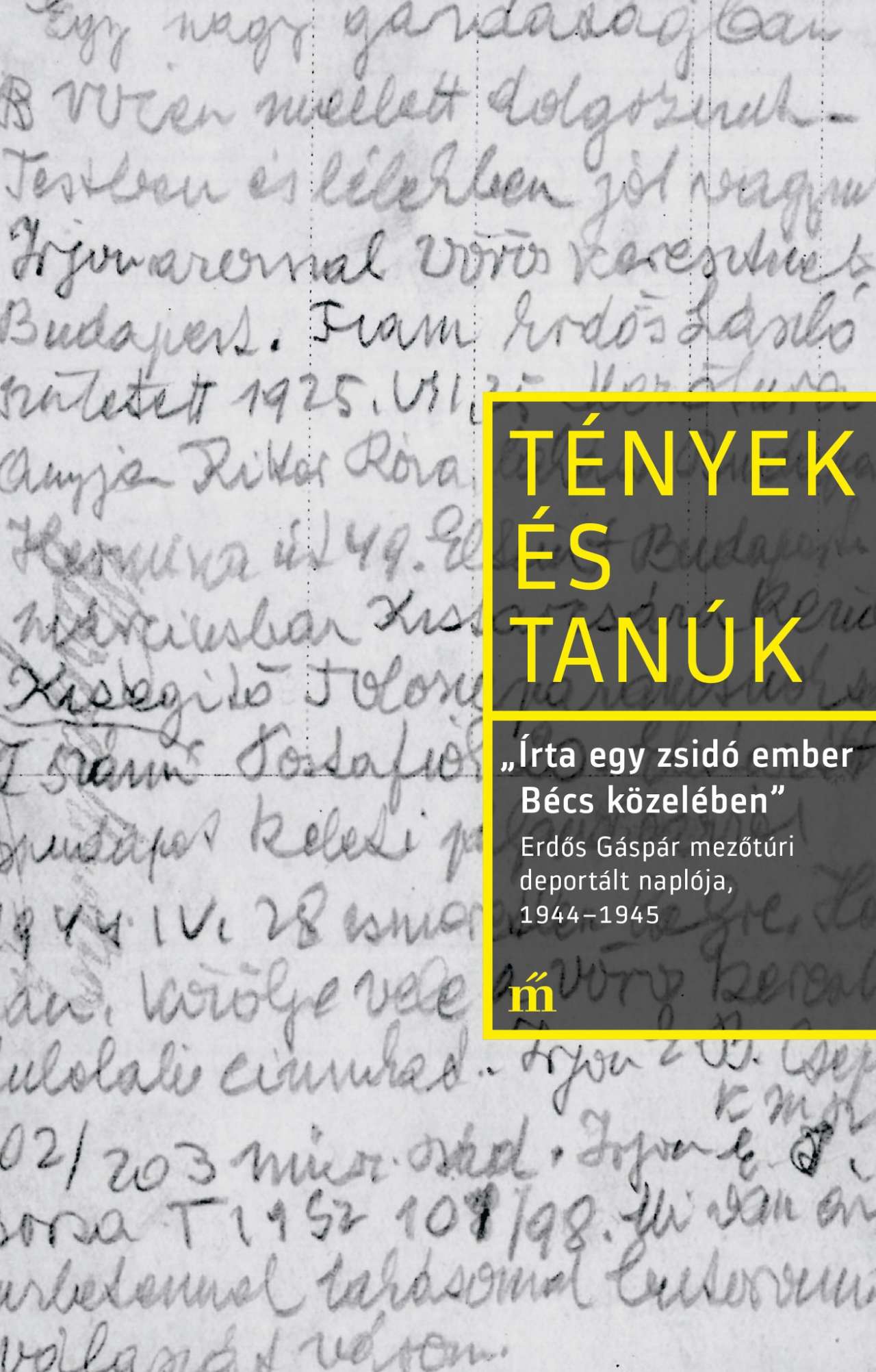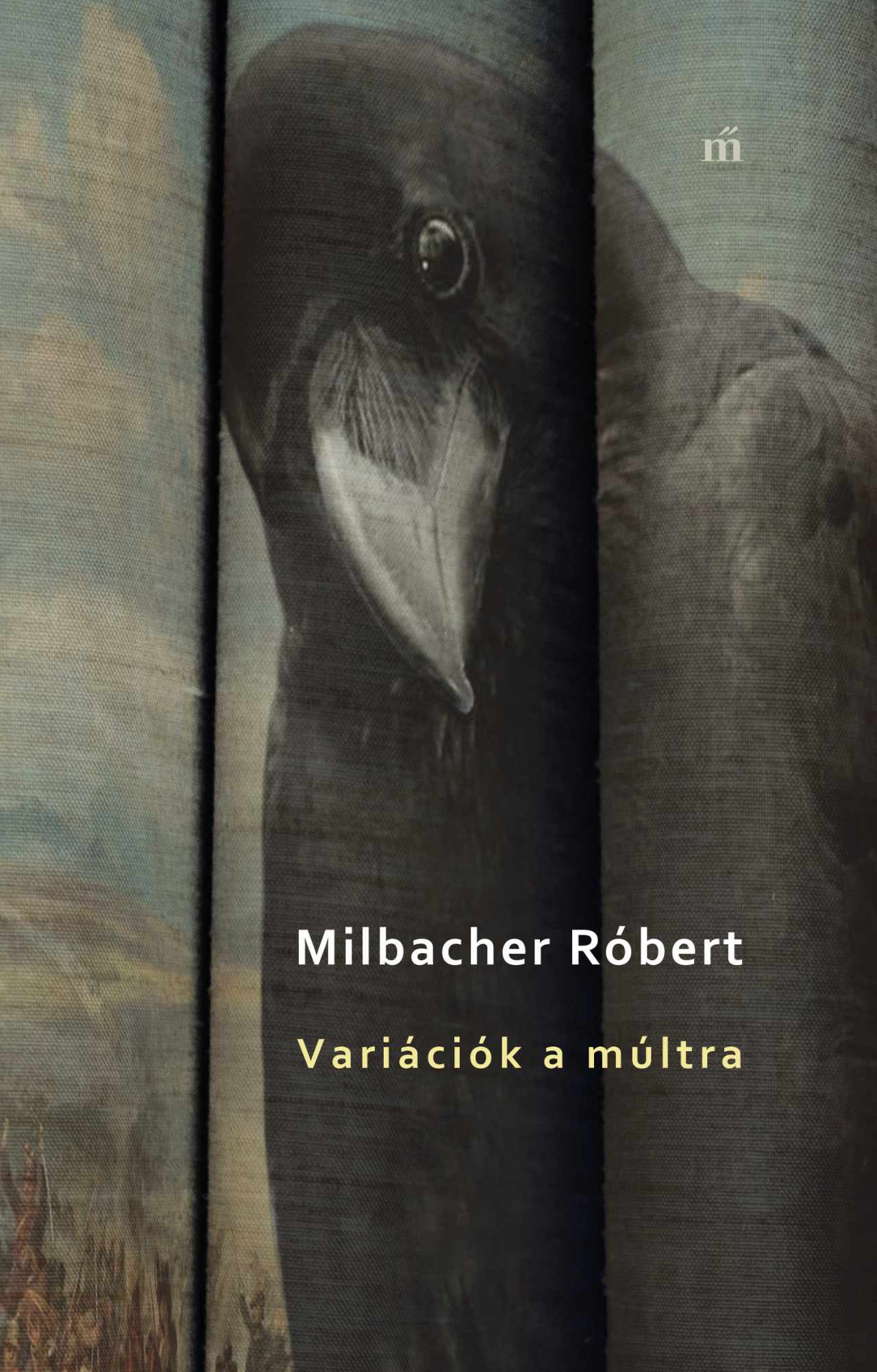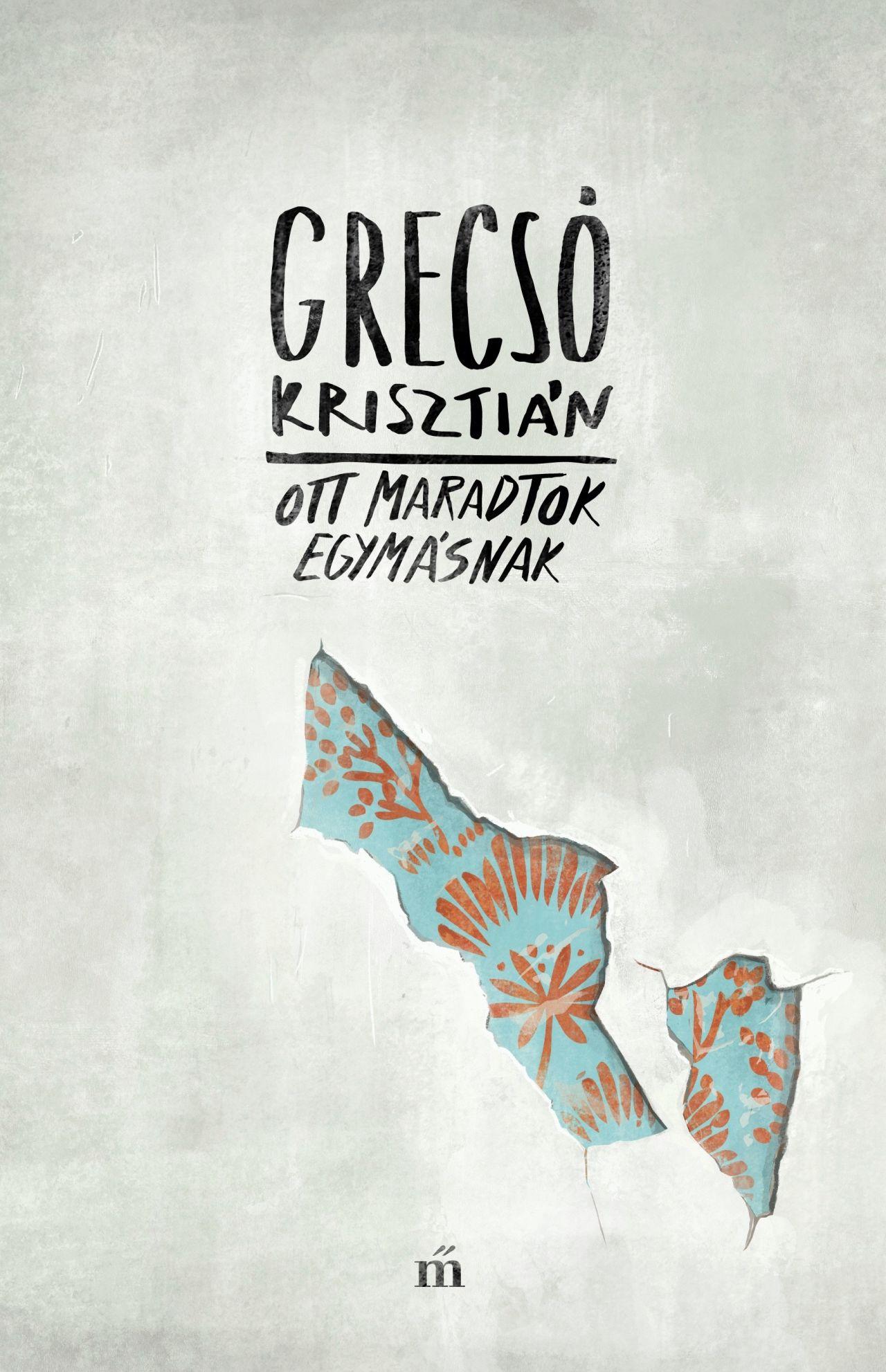
When the Devil Danced in Hungary (The New York Review of Books)
When the Devil Danced in Hungary
July 11, 2013
Adam Thirlwell
Satantango
by László Krasznahorkai, translated from the Hungarian by George Szirtes
New Directions, 274 pp, $25.95
One evening in October 2010, the Hungarian novelist László Krasznahorkai—a man in his fifties with a biblical look—appeared on the balcony of the Collegium Hungaricum in Berlin, a white modernist building that’s a block north of Unter den Linden. At the same time an image of a dog, in silhouette, was projected from inside the building onto a large window below the balcony. Without introduction or explanation, Krasznahorkai then began to speak. And at first, I suppose that the uninformed commuter in Berlin might have assumed that the monologue this man was pronouncing was in the imaginary voice of the silhouetted dog—stretched out, as if leaping.
Whenever Krasznahorkai paused, in precise synchronization, a new image of the leaping dog’s silhouette was projected onto the window. Meanwhile, Krasznahorkai didn’t acknowledge the people standing below him on the pavement. He simply spoke to the street. As he continued, the nature of this monologue became more violent, threatening apocalypse. To the confused Berliner, it perhaps now seemed more likely that this man was talking not as a dog but as himself, a deranged prophet:
Withdraw into protection and safeguard all that is important to you, take it down to below the earth, all that you have, take down the jewellery, the food, the children’s photographs, the armchair where you like to sit with a book in your hand, the curtain, behind which you feel yourselves to be safe, from the window; gather together all that was dear to you, gather together the identity cards and baptismal certificates, take the money out of the bank and hide it in the cellar behind the wall, but really every piece of jewellery, every scrap of food, every photograph of the child, every armchair and every beloved book, every curtain and every document, and really all of the money down to the very last cent, and really hide all of these things well, but really well, under the earth, so that at least you will be able to believe until then that there was some sense to it all….
Until finally, with no warning, Krasznahorkai turned around and disappeared. Simultaneously, the lights went dark.
This isn’t the performance of an ordinary novelist. It is instead a pure product of Krasznahorkai’s unique style. And a preliminary description of this style would therefore include his carefully staged obscurity, his playfulness, his comprehensive pessimism, his love of apocalypse, and his delight in the obsessive monologue. Or to put it another way, Krasznahorkai’s subject is a total disenchantment with the world, and yet the manner in which he presents this disenchantment is hypnotically enchanting. He is one of the great inventors of new forms in contemporary literature, like the show that night in Berlin, a staging of a pamphlet made in collaboration with the contemporary artist Max Neumann, called Animalinside. A teljes cikk ide kattintva érhető el » Forrás: The New York Review of Books , 2013. július 11.
2013-07-11 17:04:31
|
 |
|
|
Erdős Gáspár 65 esztendős mezőtúri zsidó polgárt 1944 júniusában deportálták Szolnokról. Feleségével együtt azon szerencsések közé tartozott, akiket nem Auschwitzba, hanem ausztriai...
|
|
|
Milbacher Róbert kötete két kisregényt tartalmaz. A két művet nem csak az irodalomtörténész szerző tizenkilencedik századi jártassága köti össze, hanem az a kíváncsiság és kísérletezés,...
|
|
|
Boldog-szomorú dalok
A középkorúságnak nincs története - nem csoda, ha igazából csak versben lehet róla hitelesen beszélni. A mindennapok apróbb-nagyobb számvetésein egyszerre túl és innen a hétköznapok megbékélései...
|
|
|
A Nobel-előadás limitált kiadása
Elhangzott 2025. december 7-én, a Svéd Királyi Akadémia ünnepi ülésén. A Svéd Királyi Akadémia az irodalmi Nobel-díjat 2025-ben Krasznahorkai László magyar írónak ítélte oda ,,meggyőző...
|
|













